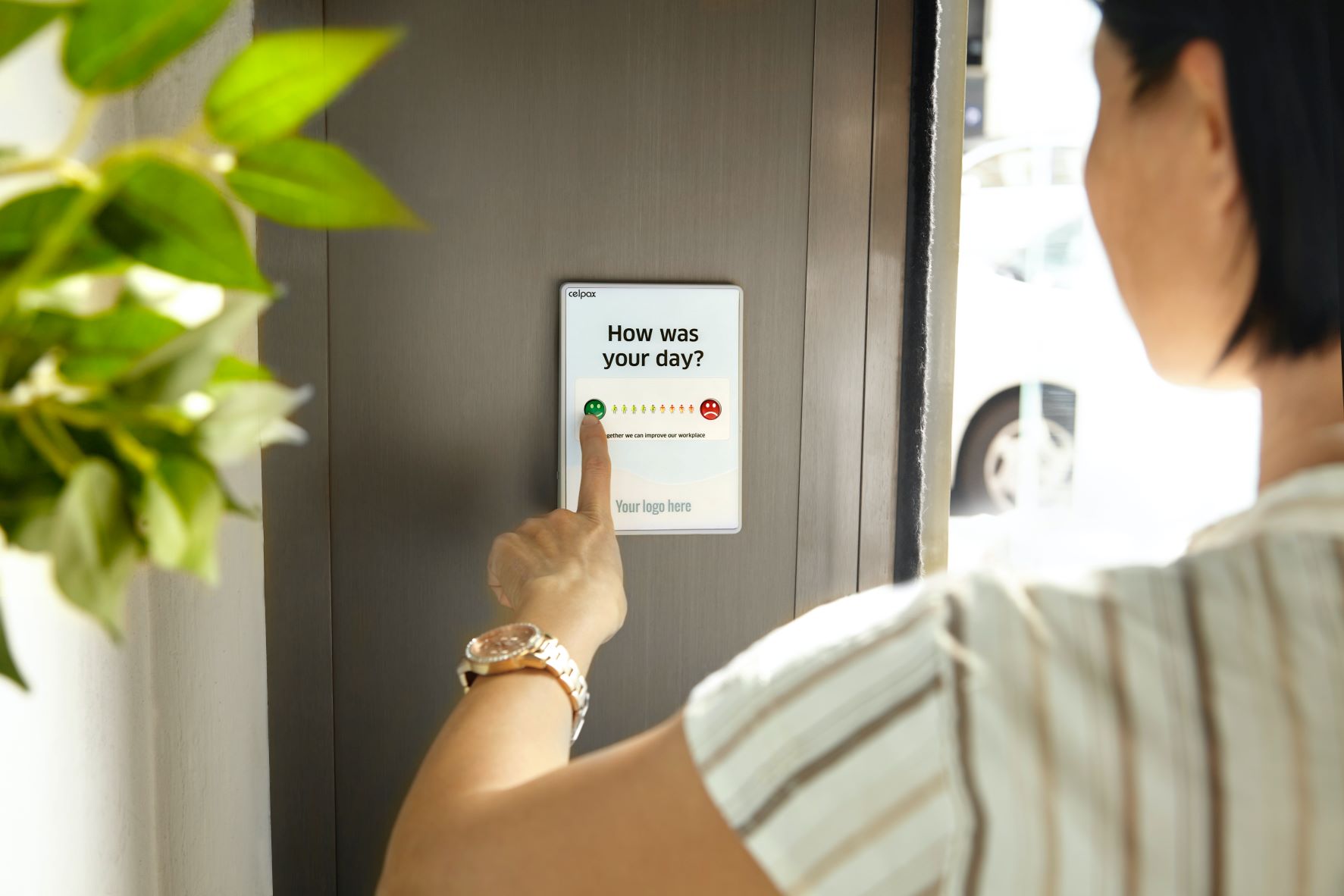The Art of Feedback
Guest Blog, Rebecca Sundqvist, Donna Legal
Feedback is supposed to help you learn and grow. Despite knowing this, I still can’t help but dread every time I hear someone mentioning it to me. I am not alone feeling this way — for many of us, it’s a word associated with both fear and self-doubt.
But does it really have to be this way? Because even though we might fear feedback, a lot of people keep asking for it, me included. We know on a deeper level that feedback is a good thing. And it is! At least according to research. For example, in the book Feedback (and Other Dirty Words): Why We Fear It, How to Fix It, Tamra Chandler and Laura Grealish argue that feedback, when done right, has been proven to be the most effective means of improving communication and performance in the workplace.
Dreading feedback is, however, completely justified. The real problem is that we keep doing it wrong.
What is feedback?
By definition, feedback is “Information about reactions to a product, a person’s performance of a task, etc. which is used as a basis for improvement.” The purpose of feedback is improvement. It’s supposed to be motivational and build up the recipient’s strength.
A Swedish study conducted by KTH, Royal Institute of Technology, showed that managers estimated that they gave feedback to their employees for 40 percent of their time. In reality, however, it was just under 2 percent or even lower. According to the study, several managers perceived the term as generally talking about the job or pure instructions, rather than actual response or advice about a work effort.
So when most people think they’re giving feedback, they’re actually doing something completely different. And when we’re doing feedback wrong, it is hindering us to become better at what we do, rather than being a useful tool to help us improve. To fear feedback is a sign that something is not quite right.
The good kind of feedback
So how do we know when we’re doing it right? Let’s take a look at what good feedback looks like according to research.
Radical candor
When we first started with Donna, we had a few users onboard that helped us improve the app by simply trying it out and then giving us an evaluation. We still do that, but this being in the early stages, this was an especially crucial part of the process when building the foundation of Donna. When asking for feedback, one man kept insisting he loved the app. Fast forward to a few months later, we asked again. ‘All good’ he said. ‘Well…, except for the fact that I have to reinstall Donna every time I have to use it.’ Turns out this had been going on for a while and we discovered that Donna had a big issue we needed to deal with. So, despite us asking for specific feedback, we still didn’t get that one piece of valuable information that we needed. Now, we are not blaming the user for not telling us what was really going on — but there’s an important lesson to be learned here.
In the book Radical Candor by Kim Scott, the author talks about how the fear of hurting people can create the most suffering. She mentions that a good working relationship is a highly personal one. However, a good manager must also be willing to challenge their employees when they’re not meeting expectations. This can be difficult. Being candid and direct doesn’t always feel like friendly and caring behavior. But, challenging your staff to be their best is indeed the hallmark of a boss who truly cares. Radical candor is about expressing care for your staff, as well as being open and direct. Ultimately, when a boss humiliates an employee with their criticism, they create enemies.
Focus on the positive
Keeping in mind that being honest and direct does not give you the right to be obnoxiously aggressive. Quite the opposite. A lot of research has shown that focusing on people’s shortcomings doesn’t enable learning. For example, a Gallup survey found that 67% of employees whose managers focused on their strengths were fully engaged in their work, as compared to only 31% of employees whose managers focused on their weaknesses.
Humans like to be recognized and it’s a good thing to give compliments. But, while recognition is good, it’s not necessarily feedback. Feedback is about improvement and providing clear and specific insights. It might feel great when people tell us we’re doing a good job, but if they’re not specific about why we’re doing a good job it will not give us anything to work with. Positive feedback is much more likely to help us grow and learn, and keep us engaged.
Remember, good feedback also requires constant attention — it should be given freely and often. This helps with preventing the unexpected and surprising element that often leads to fear.
Want to learn more about Donna?
Speaking of, feel free to send us any feedback, ideas, or even any gripes you have about MS Word. You’ll find us in the chat on www.donna.legal. And be honest with us, we love to hear it!
We look forward to hearing from you,
Rebecca Sundqvist
Marketing Specialist




